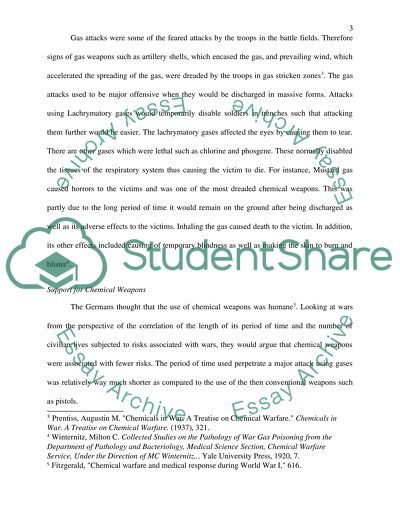Cite this document
(“World War one Essay Example | Topics and Well Written Essays - 2000 words”, n.d.)
World War one Essay Example | Topics and Well Written Essays - 2000 words. Retrieved from https://studentshare.org/history/1696747-world-war-one
World War one Essay Example | Topics and Well Written Essays - 2000 words. Retrieved from https://studentshare.org/history/1696747-world-war-one
(World War One Essay Example | Topics and Well Written Essays - 2000 Words)
World War One Essay Example | Topics and Well Written Essays - 2000 Words. https://studentshare.org/history/1696747-world-war-one.
World War One Essay Example | Topics and Well Written Essays - 2000 Words. https://studentshare.org/history/1696747-world-war-one.
“World War One Essay Example | Topics and Well Written Essays - 2000 Words”, n.d. https://studentshare.org/history/1696747-world-war-one.


